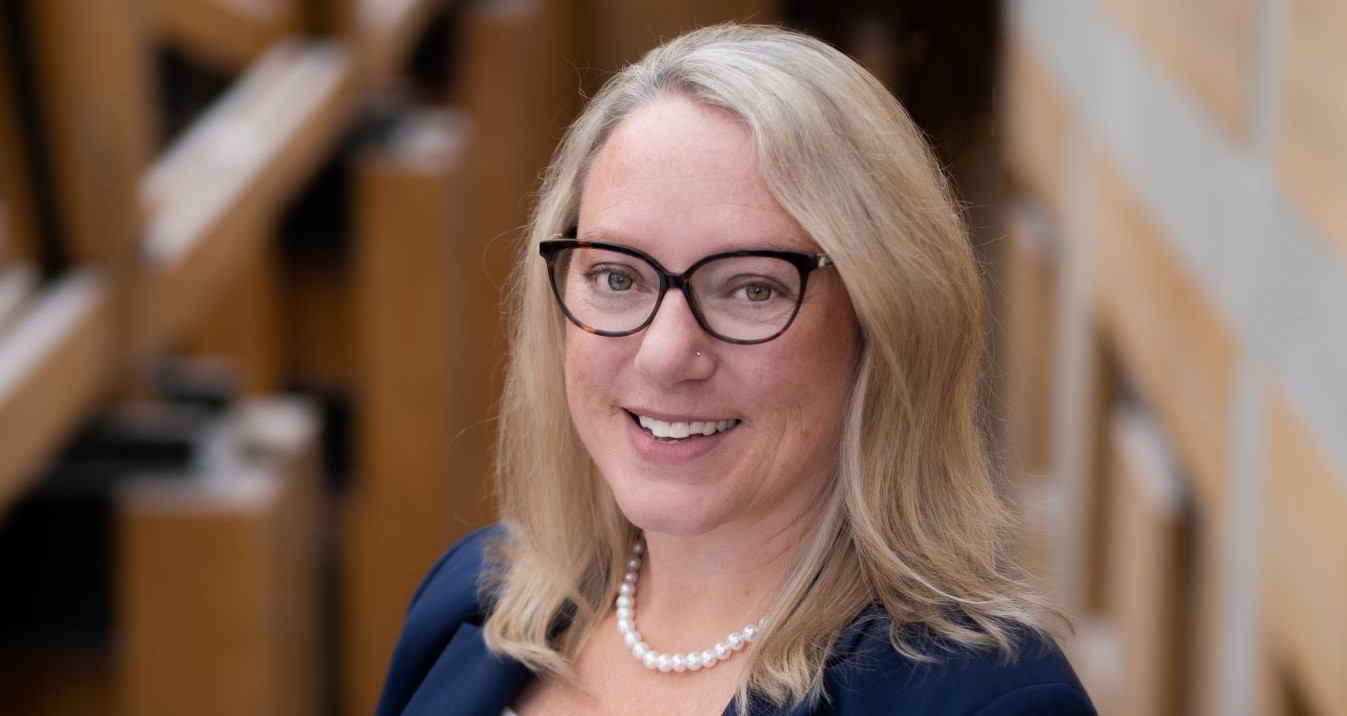
Dr. Sheri Andrews-Key mobilizes her teaching, program development and research to help industry and government implement climate-centered adaptation and strategies. As director and a lecturer in the UBC Faculty of Forestry's micro-certificate program, she is deeply invested in implementing environmentally sensitive and sustainable practices that will have long-term benefits on forest industries and to the planet.
Careful forest management can be an important strategy to help address climate change vulnerabilities and risks. As an experienced forest practitioner and academic, Dr. Andrews-Key knows that simply dictating academic climate science to government and the forestry industry is ineffective. It is essential to deeply listen to and understand their perspectives, barriers and challenges in order to help inform forestry practices. For instance, forestry companies are responsible to multiple stakeholders, and have a vested interest in remaining economically profitable. An effective engagement strategy would involve consideration of all these factors.
“Working together, with multiple collaborators, including industry and government, we can increase adaptive capacity within the forest sector, to address the challenges and vulnerabilities associated with increasing uncertainty around climate change and sustainable, best practices, for applied, on-the-ground adaptations.”
For example, forest road access is becoming more challenging in some locations due to increased variability and severity in precipitation. In other areas, more frequent road washouts are resulting in increased sediment in rivers and streams and causing harm to the ecosystems. These climate impacts also bring about increased costs and operational issues for forest practitioners. Drawing on her lived experience as both a natural scientist and forest practitioner, as well as her skills in facilitation and conflict resolution, Dr. Andrews-Key has led several large-scale climate vulnerability and adaptation assessments in Canada, which have resulted in development and mainstreaming of boots-on-the ground planning and action.
Dr. Andrews-Key has expanded her forest climate vulnerability and adaptation work with industry to build capacity for organizations to meet new requirements around environmental, social and governance and climate-related financial reporting requirements.
While it may not be possible for all scientists to obtain the diversity of credentials that allows Dr. Andrews-Key to act as a credible knowledge broker between academic, industry and government, her practice of authentically engaging with collaborators and stakeholders is available to all academics.
Some Kx takeaways
- Map your stakeholders and connect with those who can inform and shape your research. Doing this will increase the potential for it to be successfully implemented.
- There often multiple, seemingly competing, interests that can prevent the translation of evidence into practice. Take the time to consider creative solutions.
- See implementation of evidence as a process rather than an isolated step. As both science and industry move forward, there is the opportunity for further adaptation and tailoring.
- This is a dynamic process: we are constantly learning and building capacity to manage in the face of increasing climatic uncertainty.